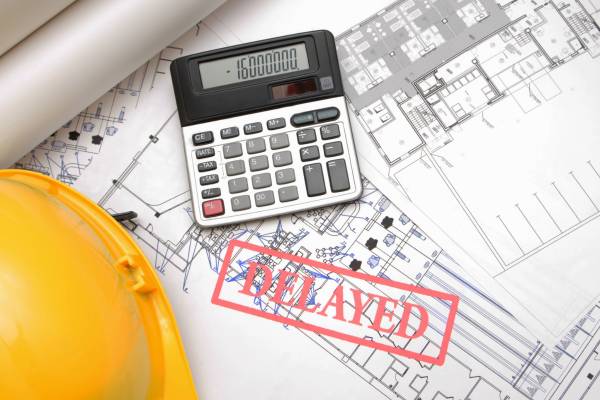
Perth Projects: Legal Implications of Delayed Construction
Time constraints, complex logistics and substantial risks are hallmarks of Perth construction projects. While delays occur frequently, project delays can have serious financial and legal ramifications for all those involved - contractors, developers and stakeholders must understand these potential legal repercussions so as to minimise risks efficiently while managing conflicts more effectively.
Types of Delays in Construction
Excusable, non-excusable and concurrent delays are three categories that building project delays fall under. Unexcuseable events outside the contractor's control such as inclement weather or government restrictions constitute excused delays; though no penalties might apply. Poor management or lack of resources create non-excusable delays while concurrent ones make accountability and settlement harder when multiple excused and non-excusable delays coexist at once.
Contractual Provisions and Delay Clauses
Most construction contracts include provisions to address delays. These clauses define the parties’ rights and responsibilities when delays occur. Liquidated damages clauses typically stipulate financial penalties against contractors for delays beyond an agreed completion date; in contrast, extension of time (EOT) provisions allow contractors to request more time if there has been an excusable delay.
Enforcement of clauses depends on their clarity and compliance with local construction laws in Perth. Unclear contracts could result in disputes or costly litigation; thus legal experts should always be involved when drawing up contracts.
Financial Effects of Delays
Delays can hurt a construction project's finances. Developers may lose market possibilities, rental income, or finance due to delays. Penalties, reputational damage, and higher operational expenses may affect contractors. Subcontractors can also experience schedule disruptions and payment delays.
Delays often affect suppliers, lenders, and other stakeholders, increasing financial stress. Navigating these issues and seeking compensation or remedies requires legal advice.
Ways to Resolve Disputes
Parties often fight about construction delays. These concerns are often resolved by mediation, arbitration, or litigation. Mediation uses a neutral third party to negotiate, whereas arbitration makes a binding ruling without judicial proceedings. Although a last option, complex or high-stakes disagreements may require litigation.
The merits and downsides of each technique vary on cost, time, and dispute type. Construction lawyers can advise parties on the best settlement.
Best Practices to Mitigate Delay Risks
Preventing and managing delays requires effective communication, careful planning, and strong contract administration. Regular progress reviews, realistic scheduling needs assessments and contingency planning help minimise disruptions while consulting an attorney early in a project's life ensures contracts cover everyone involved effectively and are comprehensive enough.
In conclusion
Construction delays are unavoidable in large-scale projects, yet their legal and financial consequences can be minimised through proactive approaches. Understanding the implications of construction laws in Perth—an area where the industry is thriving—is essential for ensuring the success of your project. Consulting experienced construction lawyers, such as those highlighted in this link (https://medium.com/@constructionlawyersp/construction-lawyers-perth-7f59f7157995), can be invaluable in preventing disputes that could jeopardise smooth project completion.
Quick Links
Popular Links
Get In Touch
123 Street, New York, USA
info@example.com
+012 345 67890
© Vanguard Legal Solutions. All Rights Reserved. Designed by HTML Codex

